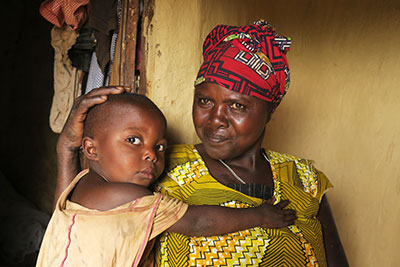Session 5/21
Page 1/5 Caregiver style and brain development in babies and toddlersCaregiver style and brain development in babies and toddlers

..
Competences to be exercised:
- To understand what science has found about the positive effects of early physical contact and stimulation.
- To plan how physical stimulation is organized in daily care practices, and how this can support brain development – especially in children 0 – 24 months.
Theme of the session:
In this training session, you will learn to understand the importance of physical contact and stimulation for early brain function and development. You will get suggestions for practices and daily routines that support brain activity as well as suggestions for stimulating premature and fragile babies.
Aims of the session:
The goal of the session is to understand the importance of early physical stimulation, and how stimulation produces brain activity. In the brain of a newborn, brain activity is low and unstable and only physical stimulation can make the brain active and growing. Lack of physical stimulation and activity is very dangerous, especially for the baby and the young child: it affects physical growth, survival rate, appetite, digestion, sleep rhythms, the body’s defense against infections and parasites, and the activation of the attachment system after birth. Using this understanding, you will learn a number of daily practices that can be part of your routines, and you will discuss and plan how these practices can become part of daily life in the foster family.
